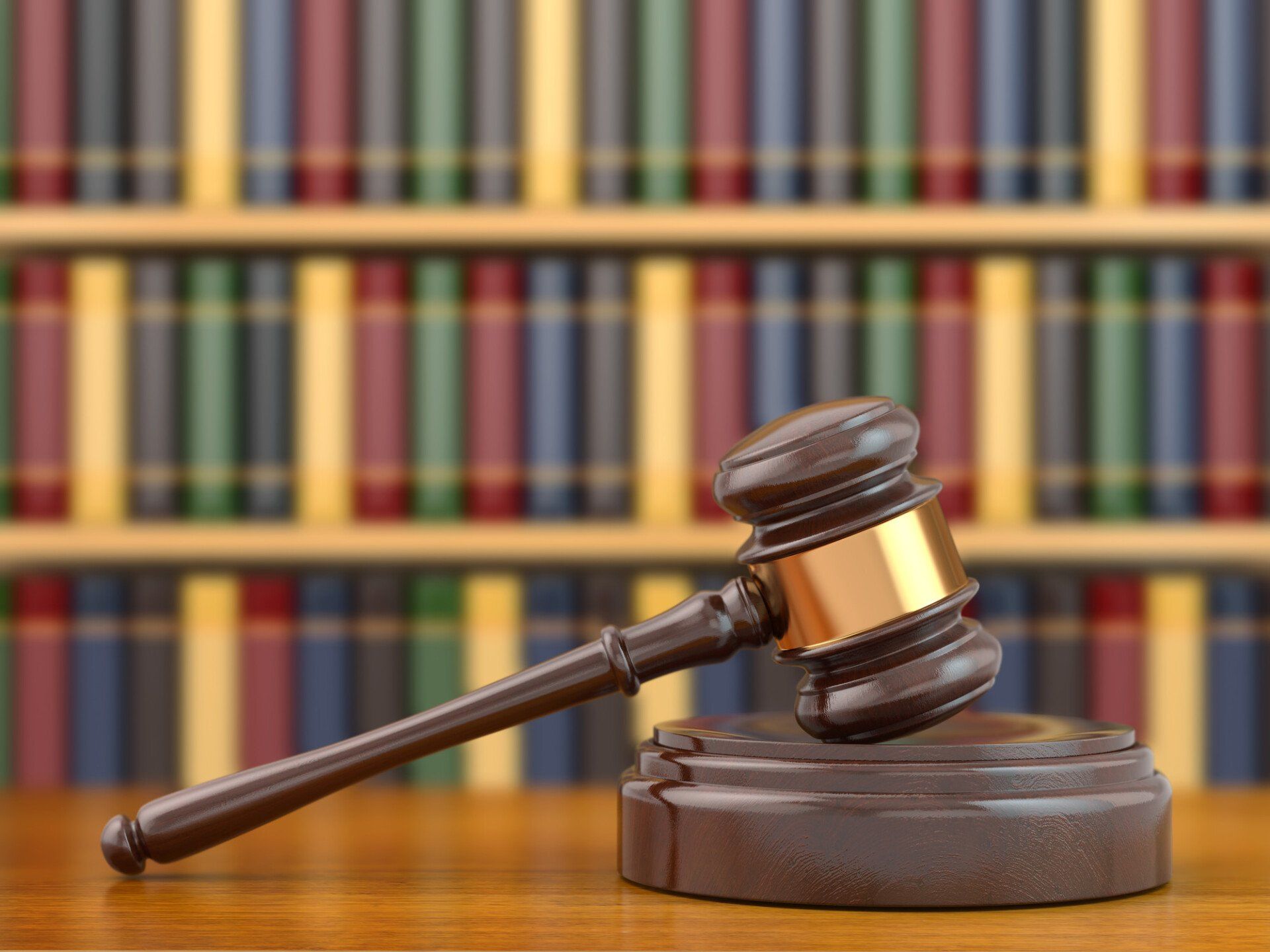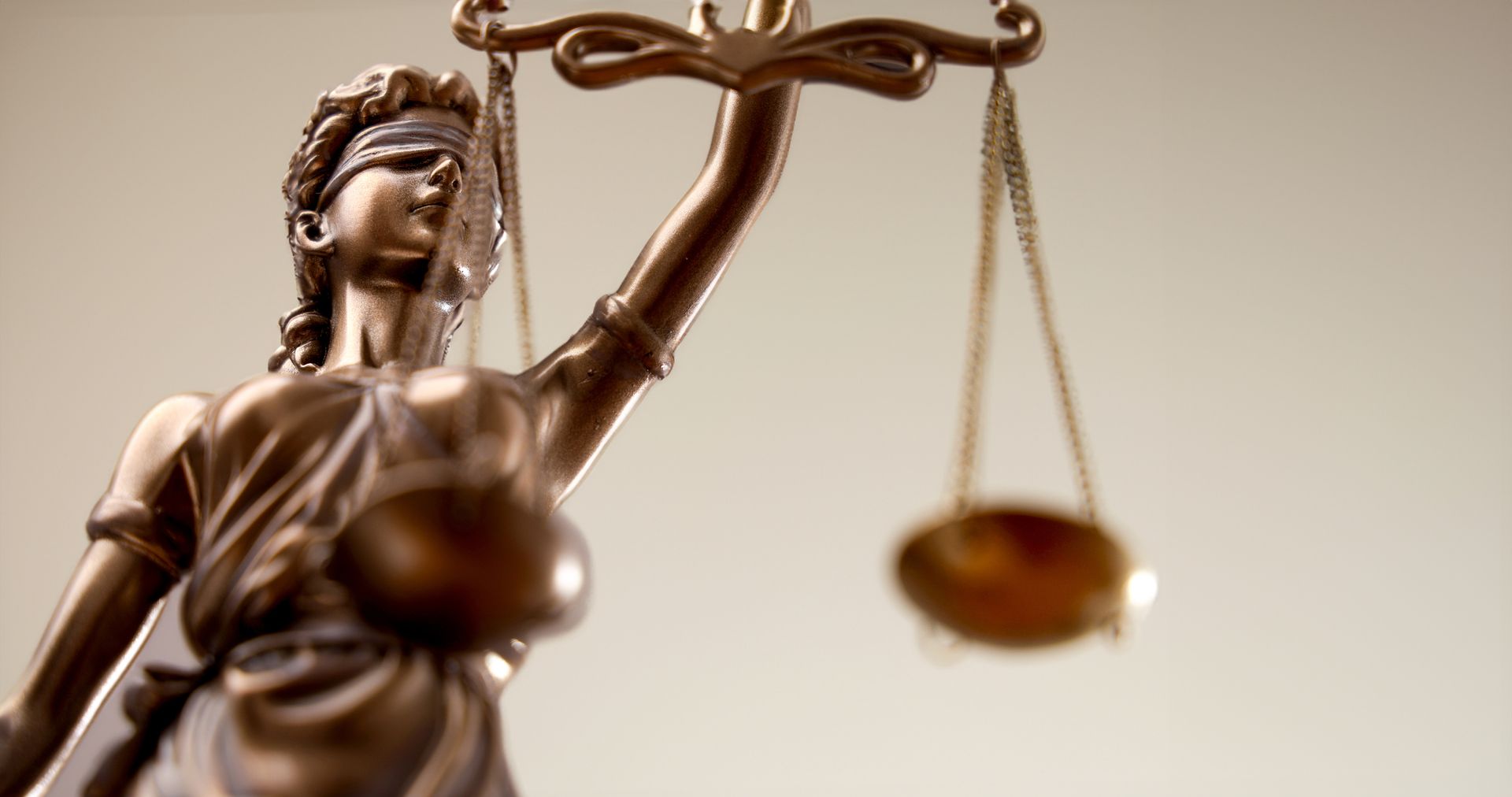UK Protest Rights

First things first, everybody has the right to peaceful protest. The European convention on human rights says that everybody has the right to freedom of expression and freedom of assembly, information that was directly incorporated into domestic British law by the Human Rights Act.
However, this does not mean anything can happen during a protest. Read on to find out more about UK protest rights and how they can affect you.
Current Laws On The Right To Protest
A lot of protests have sprung up around the UK over the past few years, with some of the notable being the Black Lives Matter Bristol or the more recent cost of living protests. While many protests do begin peacefully and are perfectly legal, certain activities may be counted as disturbing the peace.
As previously mentioned everybody has the right to freedom of expression and freedom of assembly, but limitations to the right to protest in England and Wales first showed up in the Public Order Act 1986 and once again in 2022 with the Police, Crime, Sentencing and Courts Act (PCSC).
There is also the common law offence of breach of the peace and it is a statutory offence in the Criminal Justice and Licensing (Scotland) Act 2010. Peaceful protests are protected under the European Convention of Human Rights, but this does not extend to any violence or damage that occurs.
Breach of the peace can occur when somebody in a public place is likely to cause or intends to cause alarm, distress or harassment to anybody present. Limitations to the right to protest can be outlined in legislation; this can come into effect when needed to prevent disorder or crime, in the interest of national security or public safety, or to protect health or morals.
Recent alterations to legislation include changes to do with COVID-19, which invoked the interest of protecting public health to put restrictions on certain events. The police have the right to impose conditions or restrictions to prevent serious public order, such as limiting the route, duration, number of people or location.
You do not personally need permission to protest, unless you are organising the protest. In this case, you must let the police know if you are planning on marching, but do not need to if the protest does not involve marching.
Punishment For Breaching The Peace
Punishments for breaching the peace can include paying a fine. Behaviour likely to cause harassment, alarm or distress can carry a fine of £1000. Other examples can include sentencing which can lead to jail time. Other types of breaching the peace could see you get up to five years imprisonment and £5000 fine in the most extreme cases.
Breach of Peace Aberdeen
If you need breach of the peace legal help in Aberdeen, get in touch with the experts at Lefevre Litigation. We can help defend a charge of breach of the peace, working to handle the charges in an efficient and dignified manner to try and obtain the most favourable outcome possible.
So if you need assistance defending yourself against charges of public disorder,
call today on 01224 657 657.










